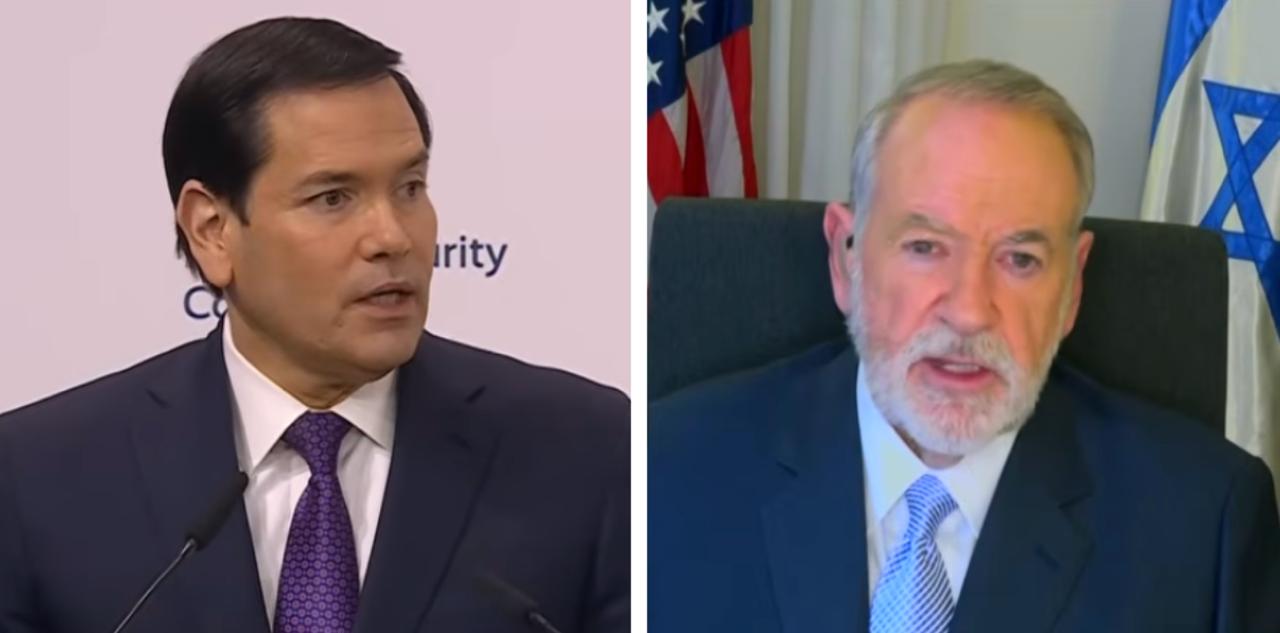My grandparents were a part of the ???greatest generation??? and my parents??? generation ushered in the modern technological era, but it???s my generation???popularly referred to as the ???Millennials?????? that will bear the distinct mark of being the first group of Americans that never had to work, struggle, or strive to engage in any activities except those we personally enjoy.
Never before in human history has a group of people been given the astounding opportunities Millennials experience today. Many of us were born in the richest nation of the world, blessed with endless streams of knowledge thanks to the development of the Internet. We haven???t been drafted into a major world war, the vast majority of us have access to quality medical care, and more of us today are college educated than at any other time in America???s past.
But despite the numerous opportunities presented to Millennials, my generation also has the ability to choose to reject traditional nine-to-five work due to decades of policy changes and an unprecedented effort to redistribute American wealth. A savvy Millennial with a desire to avoid work at all costs can navigate the government???s bureaucracy, and without breaking a single law, can live the rest of his or her life without paying for anything.
???Of course you could live off of government services,??? you???re thinking, ???but who wants to live in a perpetual state of poverty???? That???s the insanity of the system. You no longer have to be poor to receive government services. All you need to do is go to graduate school.
When a student is enrolled in an undergraduate program, the student may only borrow a total of $31,000 for costs. The remainder of the costs must be paid by private student loans or by a parent???s federal student loans. If a student doesn???t have parents who are eligible to borrow, the federal government allows a student to borrow up to $57,500 for expenses.
Students are not required to pay any federal loans back while enrolled in school, and loans can be used to pay for living costs, including food, housing, and other necessary expenses.
The aggregate limits placed on federal undergraduate student loans prevent students from attending an undergraduate program forever, and most students??? parents are required to loan a portion of the expenses themselves, which also prevents endless borrowing by students.
All graduate students, however, are treated as though they are independent students, regardless of whether or not they still live with or rely on their parents. All graduate students are also eligible to borrow as much money as they need to cover a program???s ???cost of attendance,??? which includes money for necessary living expenses. Although each graduate program is responsible for determining how much loan money students are eligible to receive for living expenses, many programs allow students to borrow up to $20,000 per year on top of the cost of tuition and fees.
Because there are no set annual or aggregate borrowing limits for graduate students, they can continue to borrow loans from the federal government for as long as they want so long as they remain in some graduate school program. There are no limits to the number of graduate programs an individual can enroll in over a lifetime, and like federal undergraduate loans, graduate students do not have to pay their loans back until they are no longer enrolled at least half-time. This means graduate students are eligible to go to school forever without having to pay any of their own money.
While a student is enrolled and his or her loans are in deferment, which means the student is not required to make payments, interest continues to accrue. At some point, a student may want to leave school, and if the student has $500,000 of debt from 15 years of higher education, it would have been impossible in the past to survive without restructuring debt through the legal system. Fortunately for the lazy Millennial, the government has created loan repayment programs that make paying loans back easy or entirely unnecessary.
Federal income-based repayment plans, which are ordinarily only available to those with high levels of debt, allow students to make payments based on income. As a student earns more money, the payments get higher. If a student earns no money, however, the student is required to pay nothing.
This, of course, doesn???t mean debt disappears. Debt continues to accrue interest until it???s paid off, so surely this means a student will eventually have to pay back the loans, right? Wrong.
Any student???s federal graduate school loans, as well as qualifying federal undergraduate loans, are forgiven after 25 years of being in repayment, even if a student is using a federal income-based repayment plan and has never actually paid a dollar towards his or her education.
Meanwhile, an individual remains eligible for all other government services, including food stamps, free government cell phones, and Medicaid, even if a student is loaning out $20,000 per year or more for living expenses while enrolled in graduate school.
Loopholes like this one is just one example of many ways Millennials are able to live off of government services without actually having to deal with many of the problems normally associated with poverty. Programs like those mentioned above are well-intentioned, but the end result could be billions of wasted dollars that never get repaid and a 2008-like economic crash sparked by a popping student loan bubble.
It???s time to wake up America.
Justin Haskins ([email protected]) is an author, blogger, and the editor of The Heartland Institute, a leading free-market think tank headquartered in Chicago, IL.





